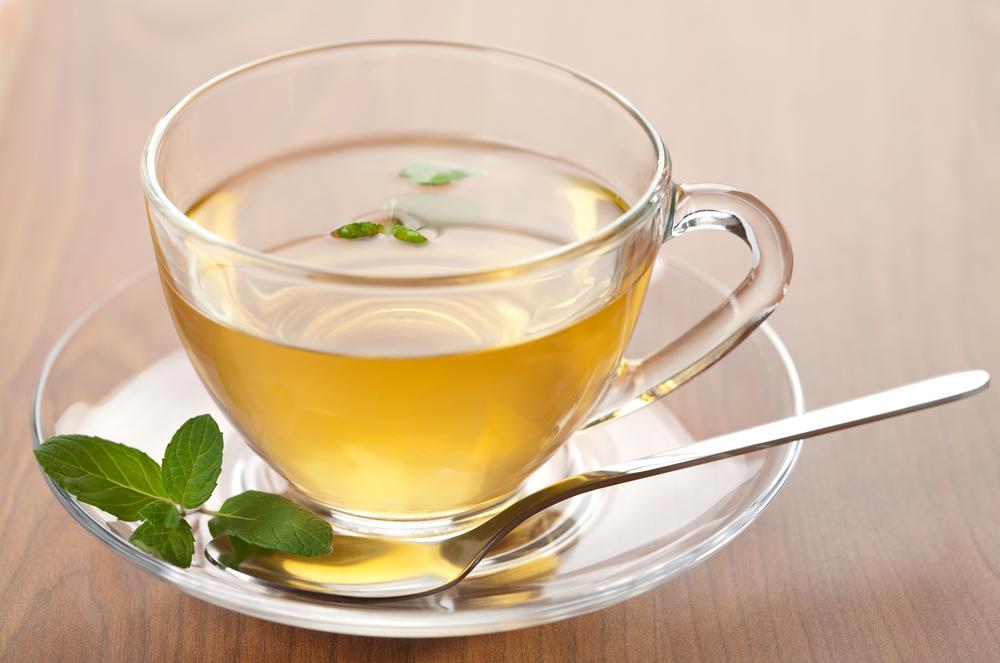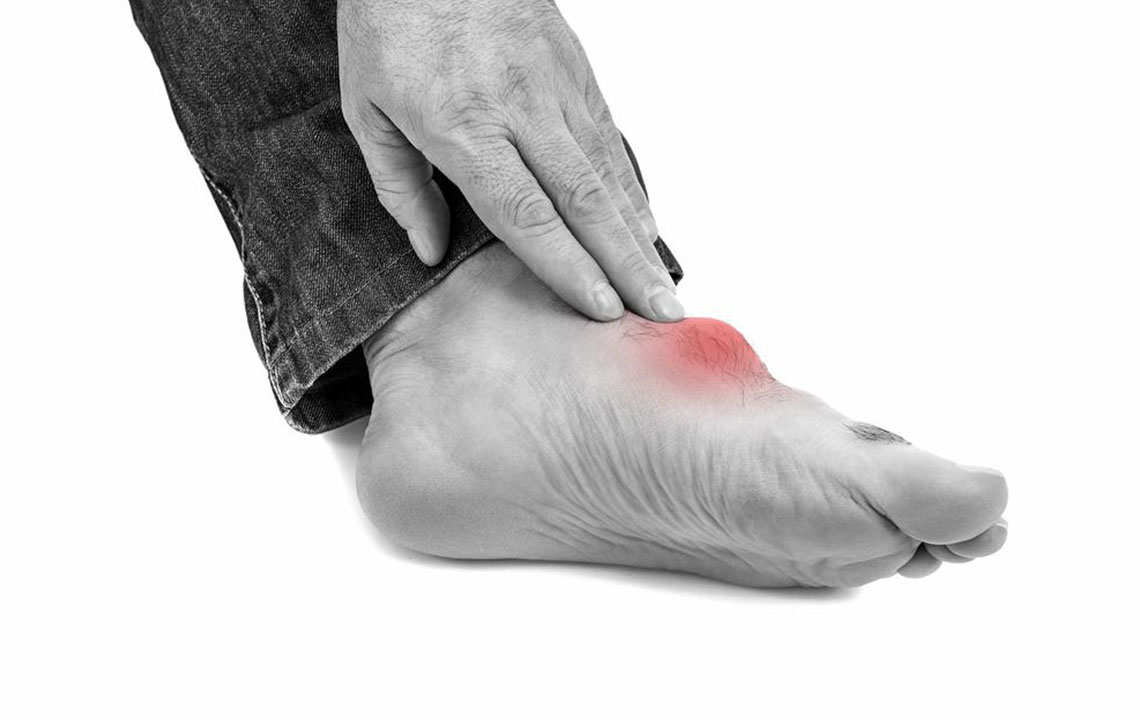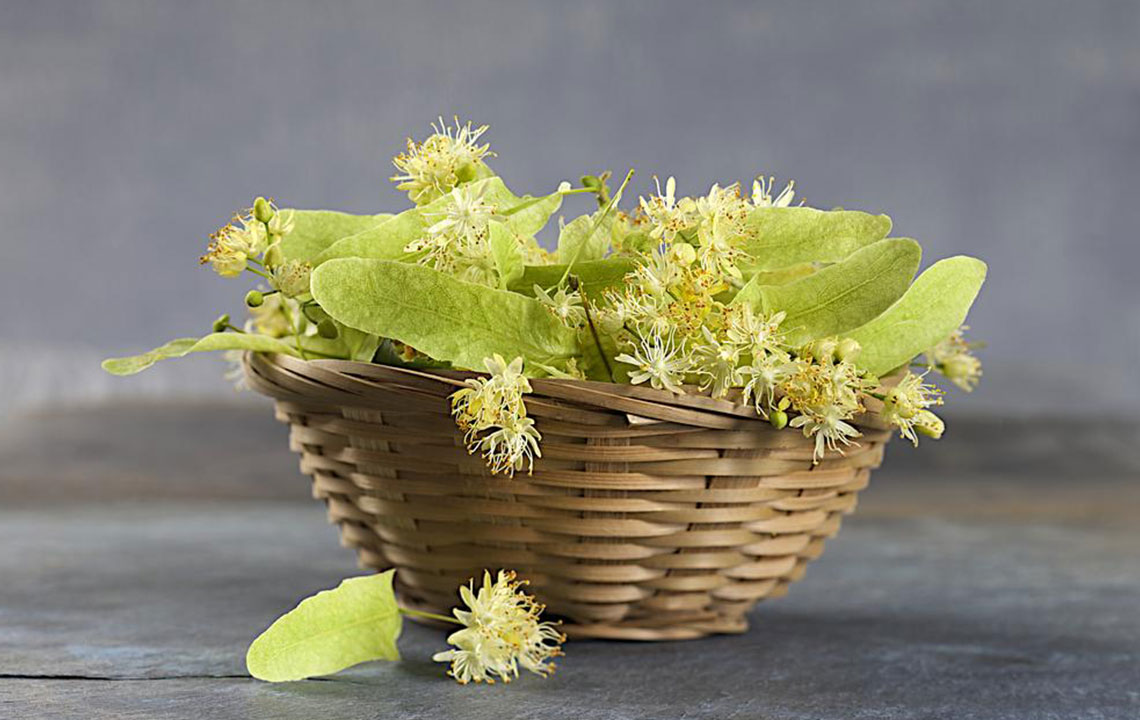Top 5 Effective Strategies for Managing Gout Pain
Discover the top strategies for managing gout, including dietary tips, medications, and natural remedies. Learn how lifestyle changes and medical treatments can help alleviate pain, reduce uric acid levels, and prevent future attacks. Effective management requires patience and consistency, with a focus on diet, hydration, and natural solutions like cherries and apple cider vinegar. Consult healthcare professionals for personalized care and relief from gout symptoms to improve your quality of life.

Top 5 Effective Strategies for Managing Gout Pain
Gout is a painful joint condition caused by excess uric acid buildup in the bloodstream. Elevated uric acid leads to needle-like crystal deposits in the joints, resulting in intense pain, swelling, redness, and tenderness. Both men and women are at risk, especially due to factors such as genetics, diet high in purines, age, certain medications, obesity, alcohol consumption, and medical history. Early treatment is crucial to prevent joint damage and associated health problems like kidney stones and cardiovascular issues. Proper management can alleviate symptoms and improve quality of life.
If left untreated, uric acid crystals can accumulate around joints and kidneys, increasing the risk of complications like kidney failure and cardiovascular diseases. If experiencing severe joint pain, consult a healthcare professional for diagnosis, which may include joint fluid analysis. Based on the findings, tailored treatment options will be recommended to effectively manage gout.
Effective gout management involves lifestyle changes and medication. Prolonged neglect can lead to persistent crystal formation and kidney stones. Managing uric acid levels is essential to prevent further joint damage and related health issues. Regular medical check-ups and fluid analysis can help confirm diagnosis and guide personalized treatment plans.
Nutritional Guidance
A balanced diet plays a vital role in controlling gout symptoms. Emphasizing anti-inflammatory, low-purine foods supports management. Incorporate whole grains, vegetables, low-fat dairy, legumes, and nuts into your meals.
Foods that help lower uric acid include:
Plant-based oils like olive, canola, or sunflower oil
Fresh fruits
Skimmed milk products
Vitamin C supplements of 500-1000 mg daily
Ample water consumption
To reduce flare-ups, avoid:
Red and organ meats
Shelfish such as lobster and shrimp
Excessive alcohol
Sugary beverages
Medicinal Approach
Anti-inflammatory drugs like NSAIDs, corticosteroids, and colchicine are commonly prescribed to reduce pain and swelling. Uric acid-lowering medications may also be recommended, but only under medical supervision. Do not self-medicate without professional guidance.
Home Remedies
Apple cider vinegar (ACV) is a popular remedy for gout. Mix one teaspoon of ACV with a glass of water and a bit of honey for taste. Drink 2-3 times daily to help reduce pain and inflammation. Honey's anti-inflammatory properties enhance this remedy.
Another effective method involves lemon juice and baking soda. Mix ½ teaspoon of baking soda with a tablespoon of lemon juice, then add to a glass of water. This alkalizes the body and helps flush uric acid. Consume once or twice daily for best results.
Cherries, rich in antioxidants and anthocyanins, can help prevent gout attacks. Eating 18–20 cherries daily or drinking black cherry juice may reduce pain and flare-ups. Maintaining a healthy weight with low-impact exercise further supports recovery and reduces uric acid levels.
Remember, gout management requires patience and consistency. Long-term lifestyle adjustments are key to effective control and relief from symptoms.










